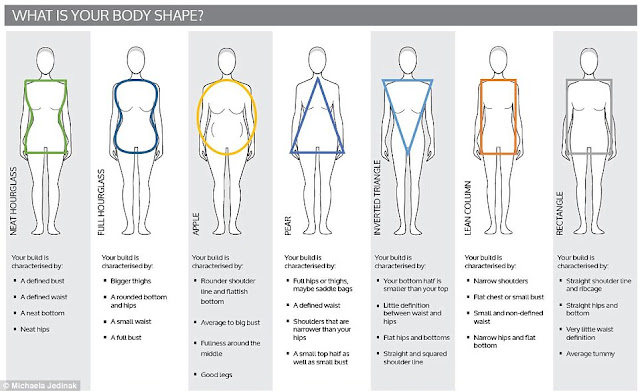Insomnia is the most searched for symptom in the UK, with 74,000 monthly searches into 'Dr Google' to help Britons self-diagnose their sleepless nights
Insomnia is the most searched for symptom in so-called 'Dr Google.'
The condition racks up an average of 74,000 searches into the site each month.
In fact, nine out of 10 of the UK's largest towns Google insomnia more than any other symptom.
Leeds appears to be the least worried about getting enough shut eye, with diarrhoea being its most searched for health term.
Overall, diarrhoea is the second most commonly searched symptom, amassing a total of 49,500 Googles a month. Sore throats has 40,500 monthly searches.
Insomnia is the most Googled symptom, with 74,000 searches each month in the UK
The online pharmacy company, Pharmacy2U, conducted a study into 28 common health symptoms in the UK.
Is Your Doctor Googling You?
Around 16 per cent of doctors look up their patients online.
According to an Australian study of 187 doctors.
Some doctors claim this helps them to discover more information about the patient's condition so they can better treat them.
Yet, critics warn this may reduce a patient's trust in their doctor as they may feel spied on.
The research also looked at how self-diagnosis differs between the UK's main cities including London, Manchester, Liverpool, Nottingham, Leeds, Birmingham, Newcastle, Cardiff, Aberdeen and Belfast.
Phil Day, pharmacist, Pharmacy2U, said: 'The public's reluctance to visit a GP when feeling under the weather is apparent and has resulted in a phenomenon of online searches.
'This isn't something new to us, but what we really wanted to find out was what the most commonly searched symptoms were and whether any trends occur during the year.
'The UK public definitely isn't shying away from turning to the web when it comes to diagnosing a health-related issue; and our research highlights this well'.
This comes after researchers from the University of Colorado found that insomnia increases the risk of bone fractures in men.
Having restricted amounts of rest, such as working shift patterns or being jet lagged, prevents bones from repairing themselves.




Comments
Post a Comment